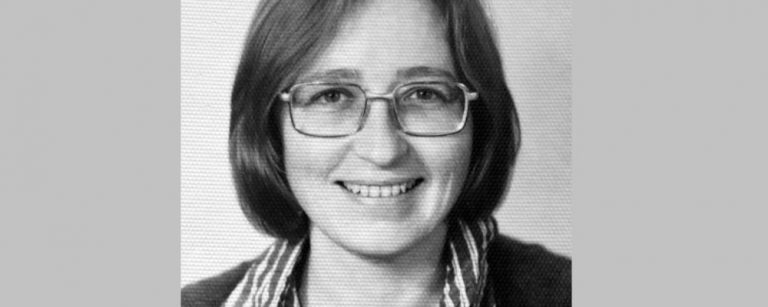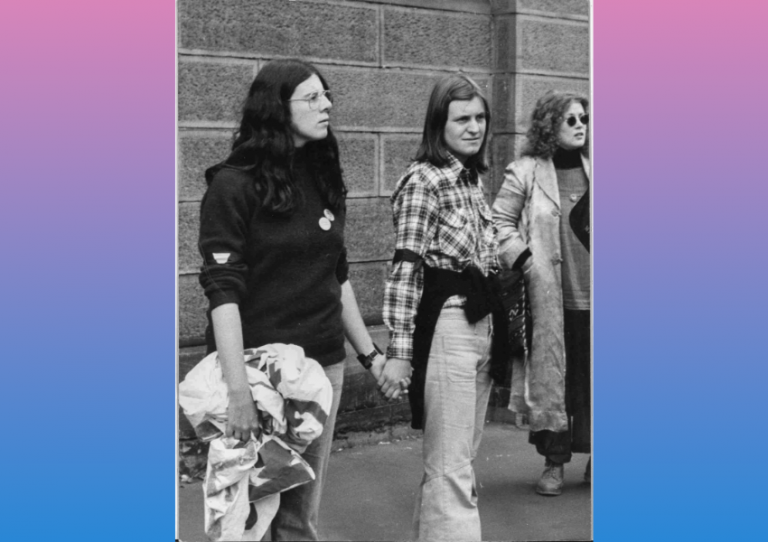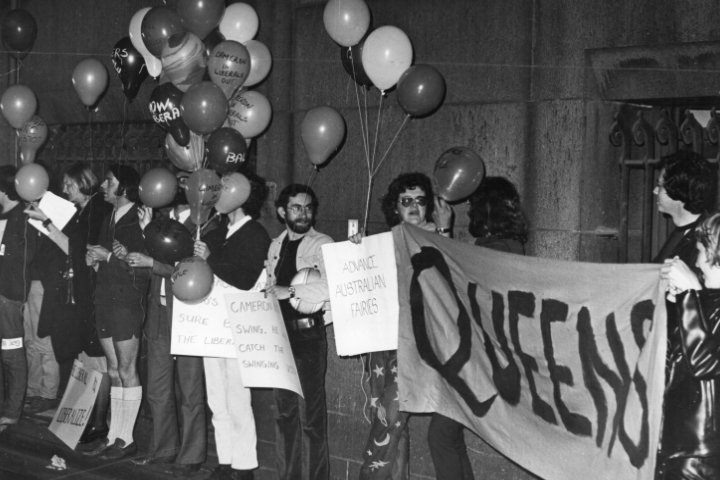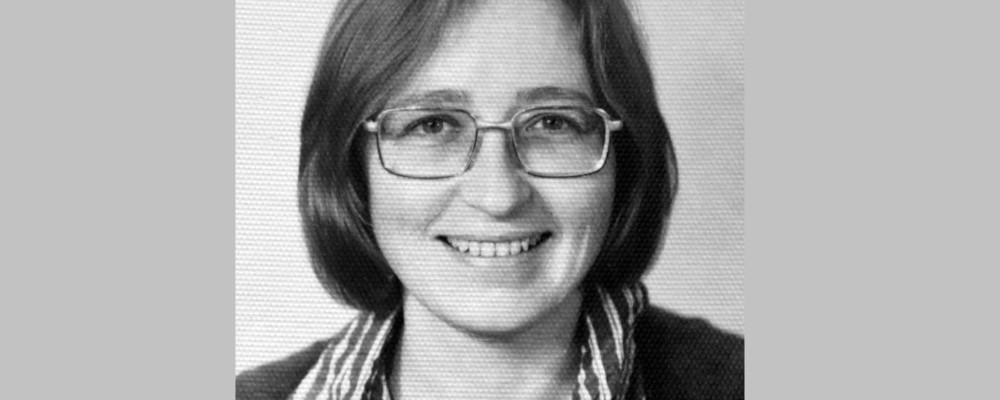
Story behind CAMP finally told
Forty years ago last month The Bulletin magazine published an article on the first-ever public meeting of an organisation in Australia that aimed to “redefine the homosexual’s place in society”.
The Star Observer got the story behind the story from its author, Sydney historian Garry Wotherspoon.
‘Gay power on the move’ reported on the first AGM of the Campaign Against Moral Persecution (CAMP), held in Balmain in February 1971 — at which it was announced the organisation had already reached 400 paid members.
Around 80 people who attended heard CAMP co-founder Christabel Poll say it was “the only organisation in the world to admit both male and female homosexuals, and … why, even though the law did not discriminate against lesbians … there were important reasons for unity”.
“For lesbians there was nothing like a gay world as the men knew it, with wine bars and acknowledged pick-up places. But despite these differences their problems were problems in common; problems of adjustment; problems of acceptance; and there was much to be gained by a gay liberation front,” she said.
“Many persons who wished to remain anonymous were willing to donate quite considerable amounts — obviously there was sympathy for the group in high places,” CAMP’s treasurer reported.
At that early stage the group was already making plans for a counselling service — and today CAMP survives as the Gay and Lesbian Counselling Service of NSW.
Wotherspoon was anonymously credited as “a special reporter” in the article to protect his identity.
“At the time I was a tutor in the Faculty of Economics at Sydney University, but it was a contract job. I didn’t have what was called tenure so it was a very tenuous thing,” Wotherspoon said.
“If you did anything that was considered morally or economically or financially wrong you could be sacked.
“The Bulletin did have a conservative reputation but Brian Hoad, who was the editor of its Red Page section, was a homosexual man and his partner was Max Kelly who was associate professor at Economic History at Macquarie University.
“Max and Brian were very good friends of mine, so that’s how in a sense the article got into The Bulletin.”
Wotherspoon said there were mixed responses to the article at the time.
“I’m sure there were a few letters to the editor complaining about ‘moral degeneracy’ appearing in The Bulletin, but any homosexual man or woman who read it would have been quite interested in chasing up where this new organisation was and how they could possibly become involved,” he said.










hi i loved reading about the camp club im 63 now back then i used to go to the camp club i think i used to go riday i used to be packed lots of guys i loved the music and i danced a lot i went with a guy called bill vandyke would any body rember him what a great place it was ps could you sedn me a copy of the camp news letter thanks johnward
could i please get a copy of this bulletin article Thanks
The word CAMP (from the French se camper) was in use well before the 1950s to mean exaggerated or theatrical behavior and in common use to also mean a male homosexual before the advent of the word GAY. The organization CAMP took the initials to reflect their name (Campaign Against Moral Persecution) and so indicate it was a GAY (used as an adjective in my youth rather than the noun it seems to have become) organization. Just another example of the development of English over time.
A most interesting article but the word CAMP was around Sydney in the late 1950’s yet this article dates its foundation at 1971. Most curious.